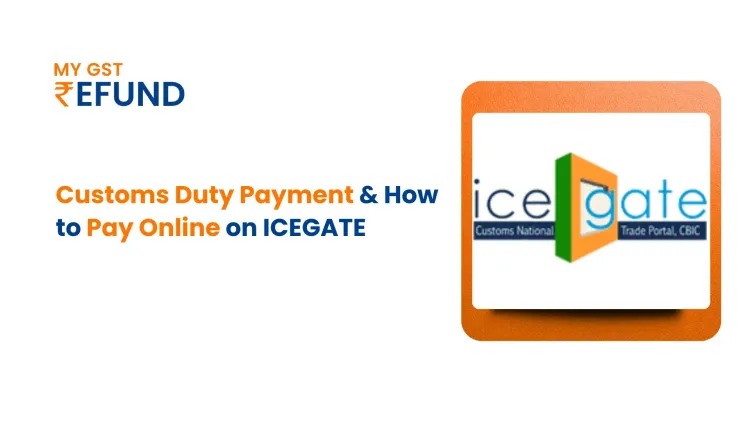What is FORM 3CEB ?
In India, when a company does business with other companies it's related to (like subsidiaries or affiliates), they need to report these transactions separately to ensure fairness. This is called transfer pricing.
To follow tax rules, the company fills out two forms: Form 3CEB and Form 3CD. Form 3CEB needs a detailed report prepared by a chartered accountant. It explains how these transactions with related companies are priced fairly, so taxes aren't avoided. Form 3CD gives more general details about the company's finances and operations.
Tax authorities are unable to check that companies are paying the correct amount of taxes based on fair prices.
Form 3CEB Due Date for AY 2024-2025
The due date for filing Form 3CEB for the assessment year 2024-25 is 31 October. This applies to companies mandated to provide a report under Section 92A of the Income Tax Act.
Applicability of Form 3CEB
This form applies to businesses that have engaged in:
International transactions: These occur between two or more associated enterprises, where either or both can be foreign businesses. Transactions include sales, leases, services provided, loans, or any other activity impacting profits, income, or assets. There must also be a mutual agreement between the enterprises regarding costs, benefits, or services provided.
Specified domestic transactions: These involve transfer pricing but are not international. They must meet specific criteria outlined in Section 92BA of the Income Tax Act and exceed a threshold of INR 200 million (from assessment year 2016-17).
Information Required to File Form 3CEB
- Basic information about the taxpayer: This includes general company information and the total value of transactions done internationally.
- Details about international transactions: Information about all transactions the company conducted with entities outside India during the financial year (from April 1 to March 31).
- Details about specified domestic transactions: Information about all transactions the company conducted within India during the financial year.
How to File Form 3CEB Online ?
- Hire a Chartered Accountant: A licensed CA will look at your business deals and create the report.
- Choose the CA on the e-filing website: Log in to your e-filing account and select the CA you've authorized.
- Assign Form 3CEB to the CA: Pick the CA, the type of filing, and the assessment year.
- CA checks and finishes the report: The CA will get the form, check it, and fill in all the needed details.
- Check and approve the form: When CA upload the form you can cross check it and provide approval.
- Form 3CEB in PDF: There is form available in pdf form in the income tax department site.Form contains mainly 3 parts
Part A: Basic information
Part B: Transactions with foreign entities
Part C: Transactions within India
Penalty for late filing of form 3CEB
Penalty for late filing of form 3CEB;
- Failure to provide the report: Penalty of minimum INR 100,000.
- Inadequate information: Fine of 2% of the transaction value.
- False information: Fine of 2% of the transaction value.
Conclusion
Form 3CEB is important for Indian companies involved in transactions with related entities abroad or within the country. It helps them follow rules on how they price these transactions, ensuring they pay the right taxes. Filing it on time by October 31 is crucial to avoid big fines for not following the rules or making mistakes in reporting.
Also Read : Transfer pricing laws in India
Related Posts








